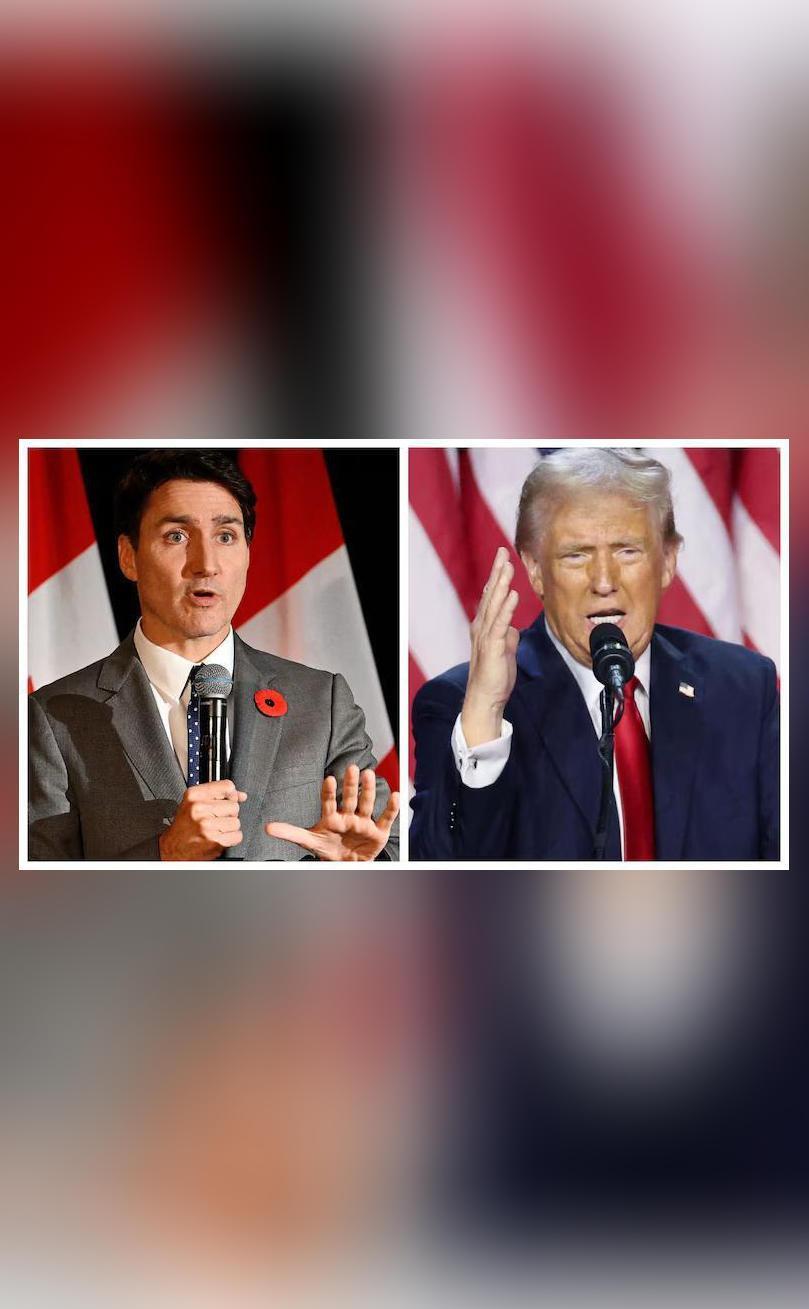
Title: Trump Advisor Advocates for Canada’s Exit from Five Eyes Group: FT
The Five Eyes (FVEY) intelligence-sharing group is a vital alliance between the United States, Canada, the United Kingdom, Australia, and New Zealand. The group shares intelligence and coordinates security efforts to combat global threats. However, a recent development has put the unity of this alliance in question. According to a report by The Financial Times, Peter Navarro, a senior advisor to US President Donald Trump, has advocated for Canada’s exit from the Five Eyes group.
Navarro’s proposal comes at a time when Trump is pushing for Canada to become the 51st state of the United States. This unprecedented suggestion has sparked widespread criticism and concern among Canadians and international leaders. The idea of Canada leaving the Five Eyes group is a significant development, as it would have far-reaching implications for global security and the country’s relationships with its allies.
The Financial Times report cites unnamed sources who claimed that Navarro made the proposal during a meeting with Trump. However, Navarro has since denied the allegations, stating that he would never advocate for Canada’s exit from the Five Eyes alliance. He emphasized that the security of the group’s member countries is paramount and that he would never jeopardize national security with allies like Canada.
Navarro’s denial has sparked questions about the accuracy of The Financial Times report. It is unclear why Navarro would deny advocating for Canada’s exit if he genuinely believed it was necessary. The controversy surrounding this issue highlights the importance of transparent and open communication within the Five Eyes group.
The Five Eyes alliance is built on trust and cooperation between its member countries. The group shares intelligence and coordinates security efforts to combat common threats, such as terrorism and cybercrime. The unity and cohesion of the group are essential for its effectiveness.
Canada’s exit from the Five Eyes group would have significant implications for its national security. The country would need to rely on other intelligence-sharing agreements, such as its partnership with the European Union, to stay informed about global threats. This could lead to a loss of critical information and a reduction in the country’s ability to respond effectively to emerging threats.
Furthermore, Canada’s exit from the Five Eyes group could damage its relationships with other member countries. The alliance is built on trust and cooperation, and any perceived betrayal or abandonment could strain these relationships. This could have long-term consequences for Canada’s national security and its ability to cooperate with its allies.
The proposal to expel Canada from the Five Eyes group is also a response to Trump’s call for Canada to become the 51st state of the United States. This suggestion has been met with widespread criticism and ridicule from Canadians and international leaders. The idea of Canada relinquishing its sovereignty and becoming a state of the United States is unprecedented and would have far-reaching implications for the country’s national identity and self-determination.
In conclusion, the proposal to expel Canada from the Five Eyes group is a significant development that highlights the challenges faced by the alliance. The unity and cohesion of the group are essential for its effectiveness, and any perceived betrayal or abandonment could damage relationships between member countries.
As the world becomes increasingly interconnected, the importance of global security and cooperation cannot be overstated. The Five Eyes alliance is a vital component of this cooperation, and its member countries must work together to address emerging threats and challenges.
Ultimately, the decision to expel Canada from the Five Eyes group is a complex and highly politicized issue. It is unclear whether Navarro’s proposal will be taken seriously by Trump or other senior officials. However, the controversy surrounding this issue highlights the importance of transparent and open communication within the Five Eyes group and the need for its member countries to maintain their unity and cohesion.
News Source:






